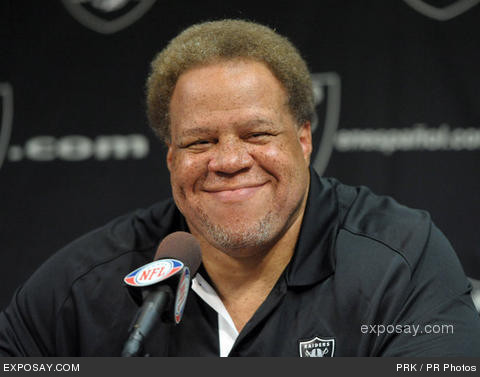Many factors will decide the fate of this year’s rookie class now that the NFL Draft is over.
The NFL draft finished recently and analysts are rushing to grade this year’s picks, which is only human as there’s a need to declare winners and losers but many factors determine the fate of an NFL rookie class.
Some of them might be right, others might be off, but that won’t deter them from claiming who the next franchise savior or bust might be. Just remember that it takes time to really evaluate the impact of a draft class and there are many factors that might affect a player’s development such as environment, scheme, usage, and injuries.
NFL Draft: The many factors that define an NFL rookie class
Claiming a player is the next (insert name of player here) adds uncalled pressure. This year, scouts were looking for the next Dak Prescott (fourth round pick last year) in this year’s quarterbacks batch. Prescott is good, maybe even a franchise quarterback down the road, but he benefited from having arguably the best offensive line in football, a punishing running game in Ezekiel Elliot, a security blanket in Jason Witten and a legitimate “number one” receiver in Dez Bryant. Players can exponentially maximize their growth if there are successful pieces around them to help them ease the transition between college and pro games.
As obvious as it sounds; the surroundings, culture, and atmosphere matter when it comes to a players’ development. Would Prescott have thrived, had he gone to Cleveland, where patience and a nurturing environment are almost non-existent? He may have, but we don’t know.
Some players need time to develop (some even years) and many franchises are not willing to put in the time to nurture their talent and skills. It took Steve Young years to become the franchise quarterback he was. More recently, Evan Mathis was thought to be a journeyman lineman before he became an All-Pro eight years into his football career.
System fits might make it difficult to project players as well. The Tampa Bay Buccaneers traded safety Mark Barron to the St. Louis Rams only to see him succeed at a different position. In the same manner, the San Diego Chargers and the Miami Dolphins never really took advantage of Wes Welkers’ skill set. Three Super Bowl appearances later, they might be double and triple guessing their choice to let him go without trying to adjust their scheme to accommodate his strengths as a players.
Although potential injuries effectively derailed Hall of Famer’s Bo Jackson and Sterling Sharpe’s careers, other times, they just put off a players career such as with Thomas Davis. He was believed to have washed out after three ACL surgeries, only to come out stronger and be selected to the All-Pro team in 2014. His Panthers teammate, Jon Beason was not as lucky as injuries took away his effectiveness before retiring in 2016.
Rookies bring excitement to any fan base, some of them might become All-Pros and even Hall of Famers, just keep in mind that many things that are out of their control may help determine how successful they will be, and because of it, we should take it easy when it comes to claiming who the next Reggie Ray will be.
[pickup_prop id=”20228″]

